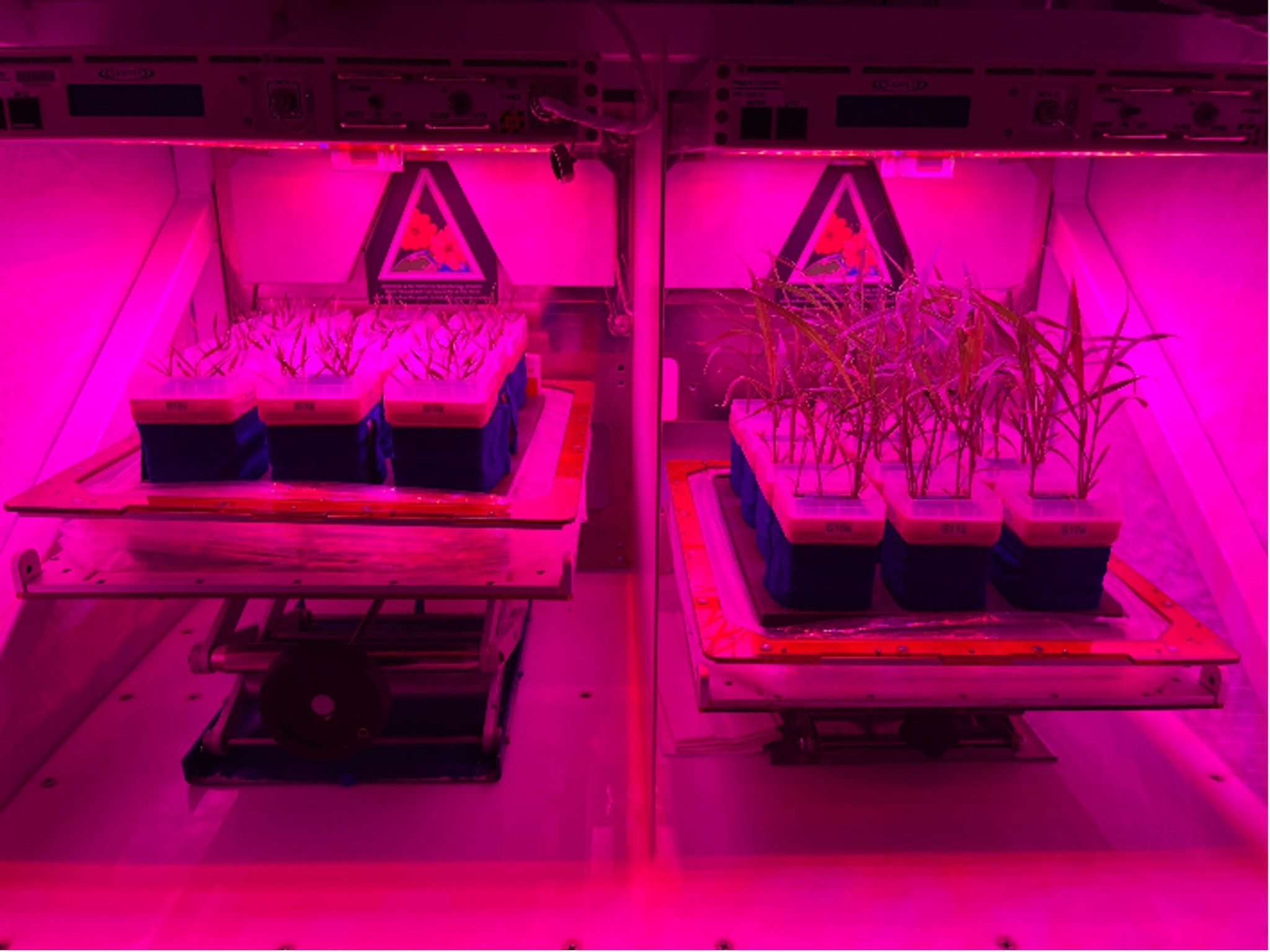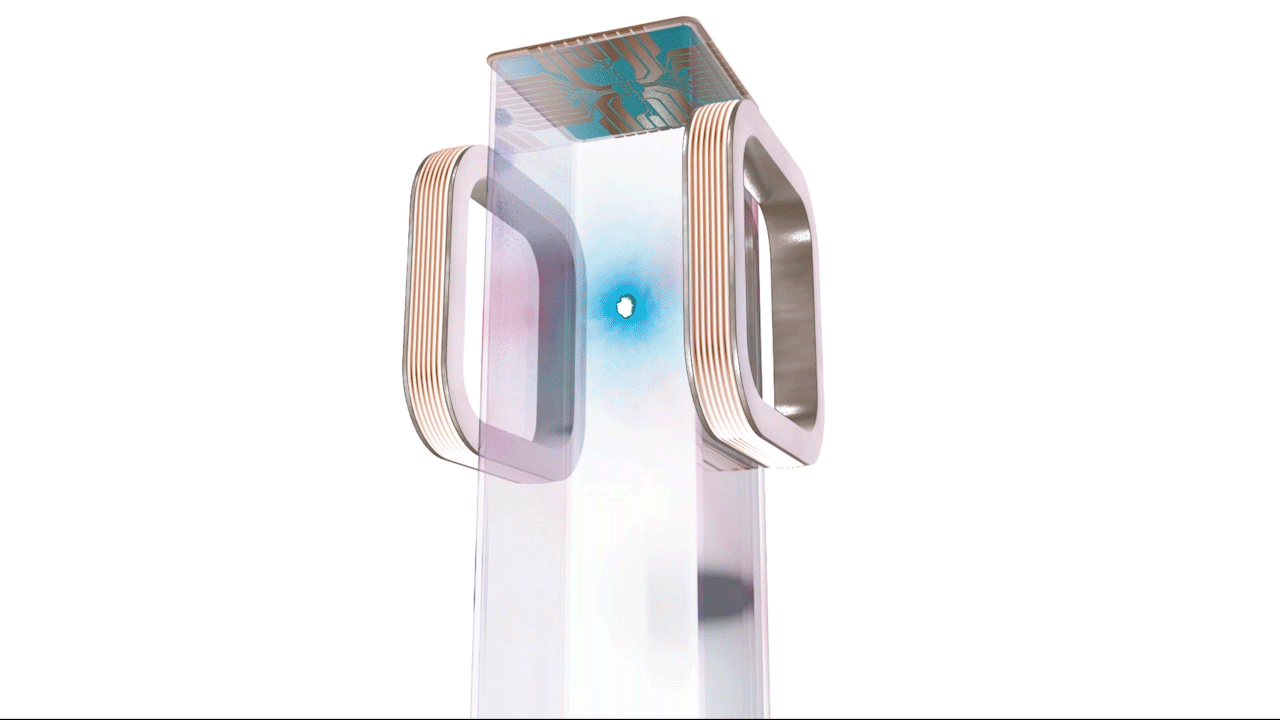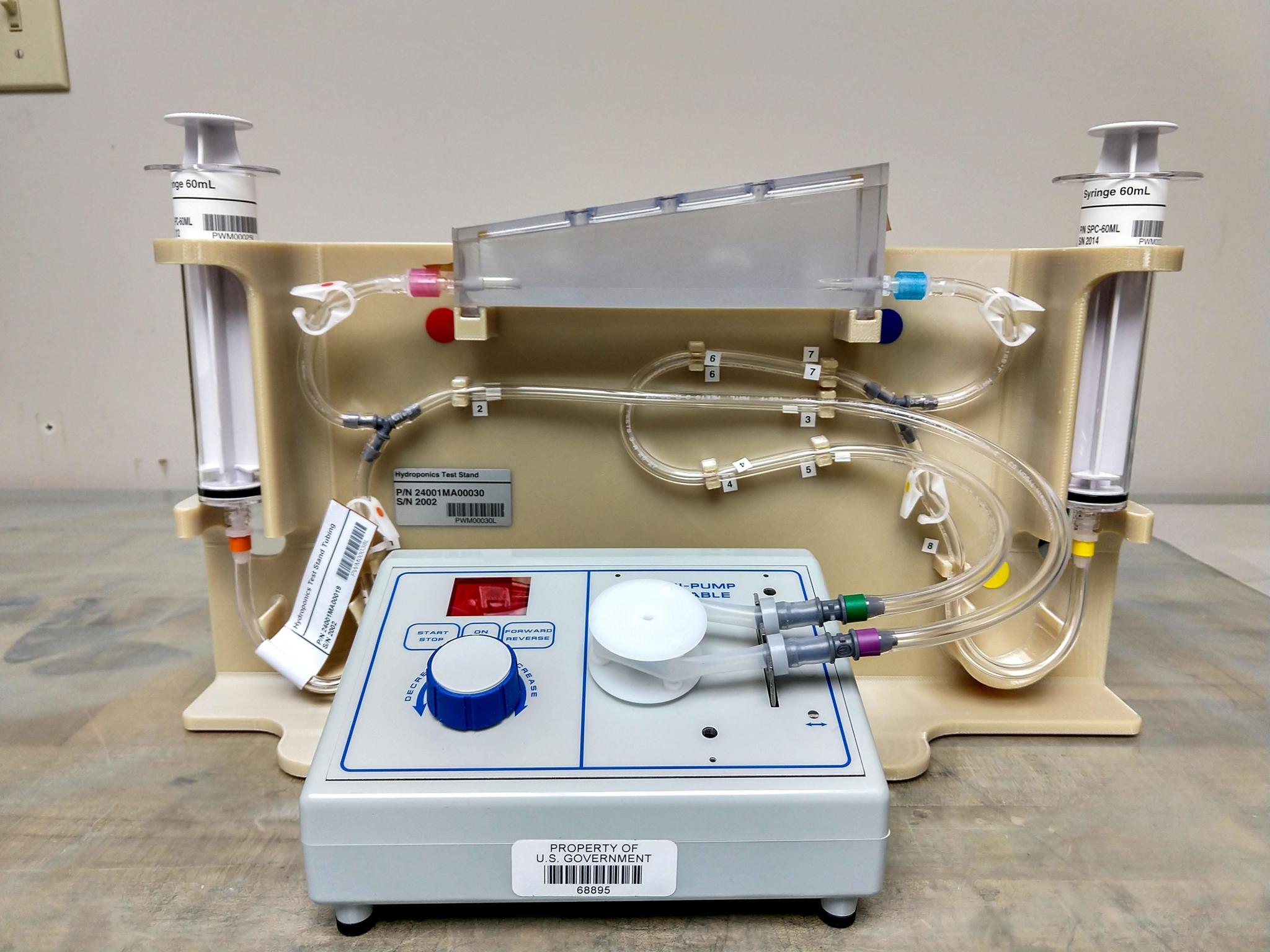On Dec. 19, 2024, NASA released two amendments to the NASA Research Announcement Research Opportunities in Space and Earth Sciences (ROSES) 2024 (NNH24ZDA001N) to announce the E.9 Space Biology: Research Studies and E.12 Physical Sciences Research Studies program elements. Space Biology Proposals The research emphases of E.9 Space Biology: Research Studies fall under two broad categories: Precision Health and Space Crops For Precision Health-focused studies, investigators may propose to use any non-primate animal model system and any appropriate cell/tissue culture/microphysiological system/organoid or microbial models that are supported by the chosen…
Read MoreTag: Physical Sciences
NASA Sends More Science to Space, More Strides for Future Exploration
New experiments aboard NASA’s Northrop Grumman 21st cargo resupply mission aim to pioneer scientific discoveries in microgravity on the International Space Station. Northrop Grumman’s Cygnus spacecraft, filled with nearly 8,500 pounds of supplies, launched Aug. 4 atop a SpaceX Falcon 9 rocket from Space Launch Complex 40 at Cape Canaveral Space Force Station in Florida. Biological and physical investigations aboard the spacecraft included experiments studying the impacts of microgravity on plants (grass), how packed bed reactors could improve water purification both in space and on Earth, and observations on new…
Read MoreNASA’s Cold Atom Lab Sets Stage for Quantum Chemistry in Space
7 min read NASA’s Cold Atom Lab Sets Stage for Quantum Chemistry in Space This animation depicts six finely tuned lasers used inside NASA’s Cold Atom Lab to slow down atoms, lowering their temperature. Scientists can now use the lab to see how different types of atoms interact with each other at these cold temperatures. NASA/JPL-Caltech The remotely operated facility aboard the International Space Station has created another tool that researchers can use to probe the fundamental nature of the world around us. For the first time in space, scientists…
Read MoreInvestigations launching aboard SpaceX-29 will help humans go farther and stay longer in space
The SpaceX-29 commercial resupply spacecraft will deliver numerous physical sciences and space biology experiments, along with other cargo, to the International Space Station. The research aboard this resupply services mission will help researchers learn how humans, and the plants needed to sustain them, can thrive in deep space. The biological and physical sciences investigations headed to the Space Station are: Plant Water Management-5 and 6 (PWM-5 and 6) NASA has grown plants on the Space Station even without the help of gravity. But microgravity does present challenges and affects Space…
Read More

